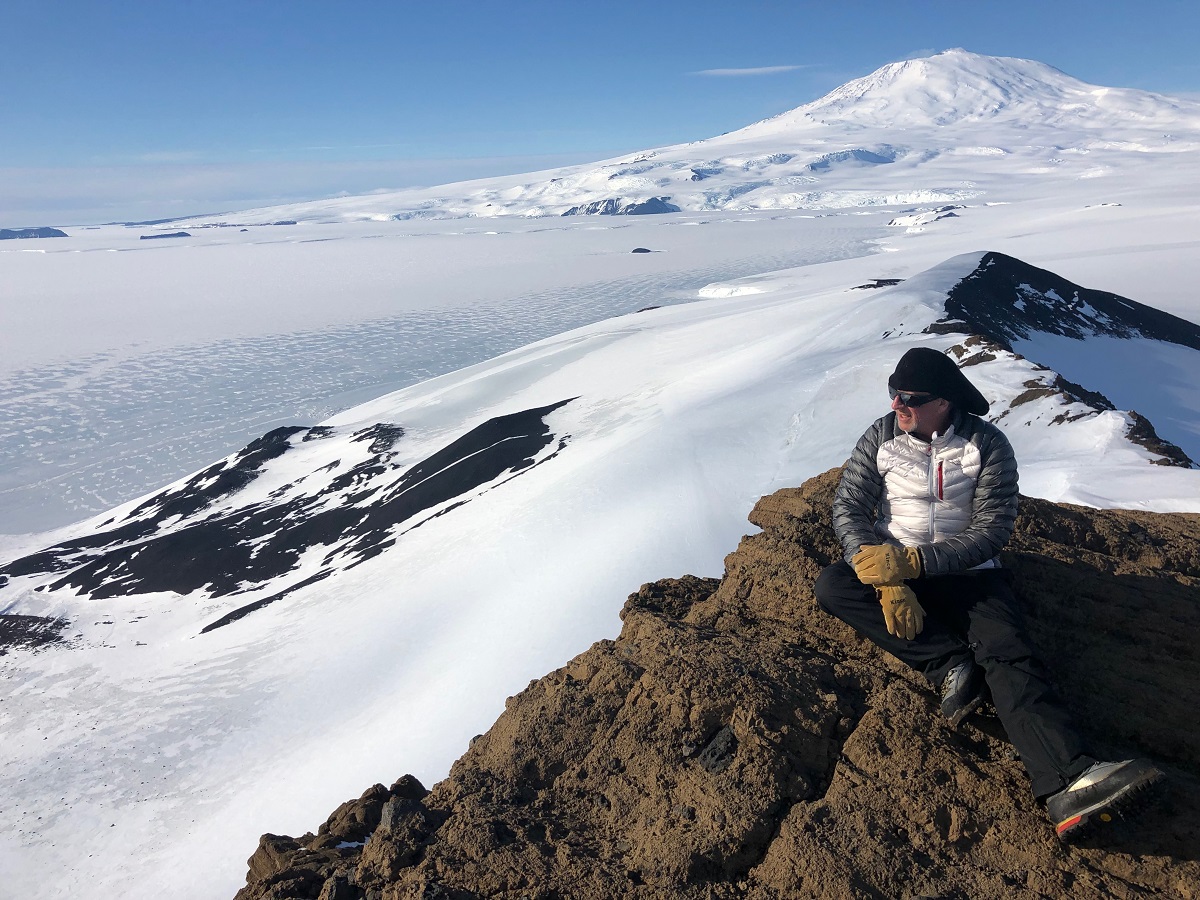
Nations are scrambling to control natural resources, research and tourism in Antarctica as rapid political, social and environmental changes open up new opportunities for Australia in the previously frozen landscape.
2019 marks the 60th anniversary of the Antarctic Treaty signed by 12 countries to devote the entire continent to peace and science, but the moratorium is up for review in 2048, opening up potential for resource exploration and countries like China are already expanding their presence in Antarctica.
As part of its Geostrategic Futures project, The Climate and Sustainability Policy research group at Flinders University brought together local and international defence experts, scientists, academics, and policymakers in Canberra on 5-6 December, 2019 to consider the various challenges for managing Antarctic territories.
Associate Professor in Public Policy Cassandra Star says evidence based strategic decision making is important to adequately address future challenges in Antarctica and consider viable options for Australia.
The workshop will addressed learning from international research and policy, including comparative lessons from the Arctic, to address strategic challenges in Antarctica and the Southern Ocean.
“The proliferation of transnational challenges such as climate change, pollution and environmental security are necessitating new models of collaboration and governance. Australia’s and Canada’s common interests across the poles means that there is considerable potential for closer collaboration to advance common interests and value,” says Associate Professor Star.
“As members of a community of like-minded medium powers that span the Pacific ocean and close relations with the United States, Australia and Canada have considerable potential to leverage their respective expertise in the world’s poles and polar oceans to partner in advancing common interests and values,” says Professor Christian Leuprecht.
Workshop attendees include former Premier of the Canada’s Yukon Territory Tony Penikett, Director of the Arctic Domain Awareness Centre Major General (retired) Randy “Church” Kee, Jeannette Menzies from Global Affairs Canada and Brigadier General JBP Carpentier from Joint Task Force North, along with experts from Canada, the United States, the United Kingdom, New Zealand, Australia, Finland and Belgium.
“The workshop is designed to inform multidisciplinary and evidence-based strategic policy in light of climate change. Presentations and interactions will enhance awareness, address challenges and inform policy options by reviewing the state of strategic thinking concerning the Southern Ocean and Antarctica in light of experience in the circumpolar North.”
More information: http://www.thecaspr.org/2019/11/19/geostrategic-futures-workshop/

